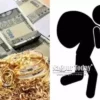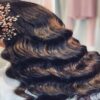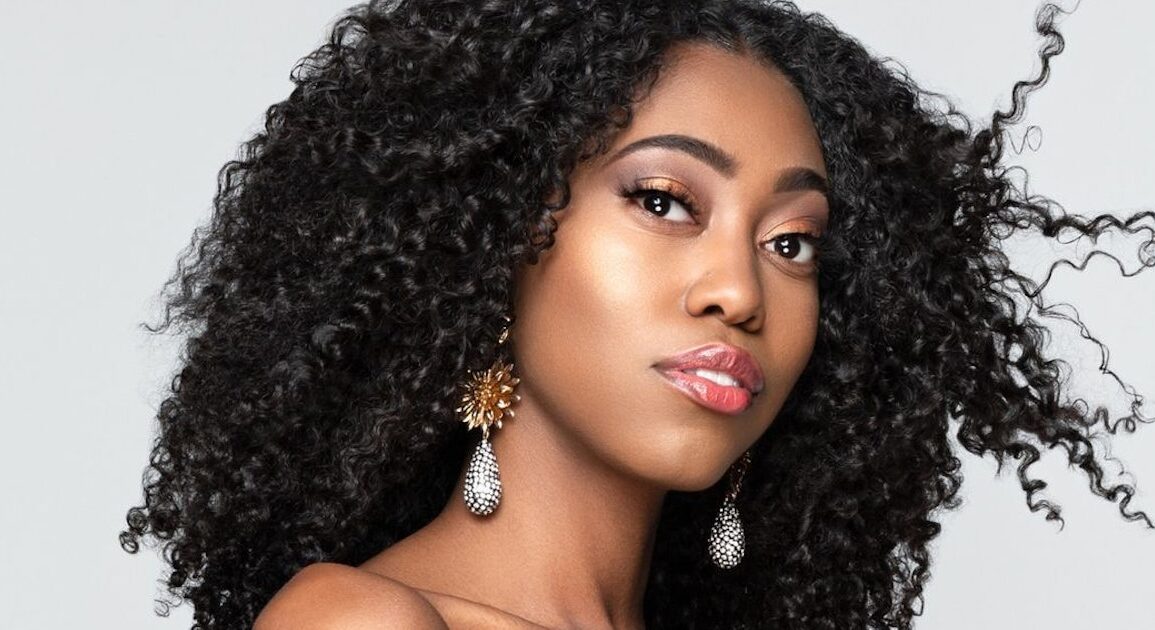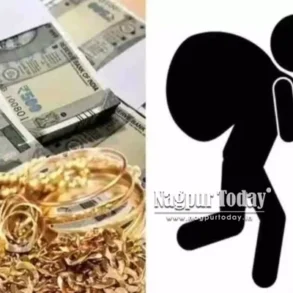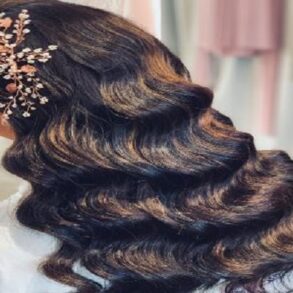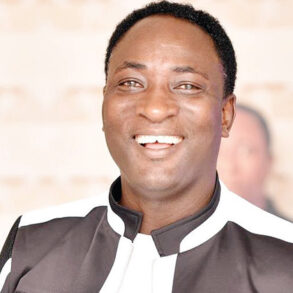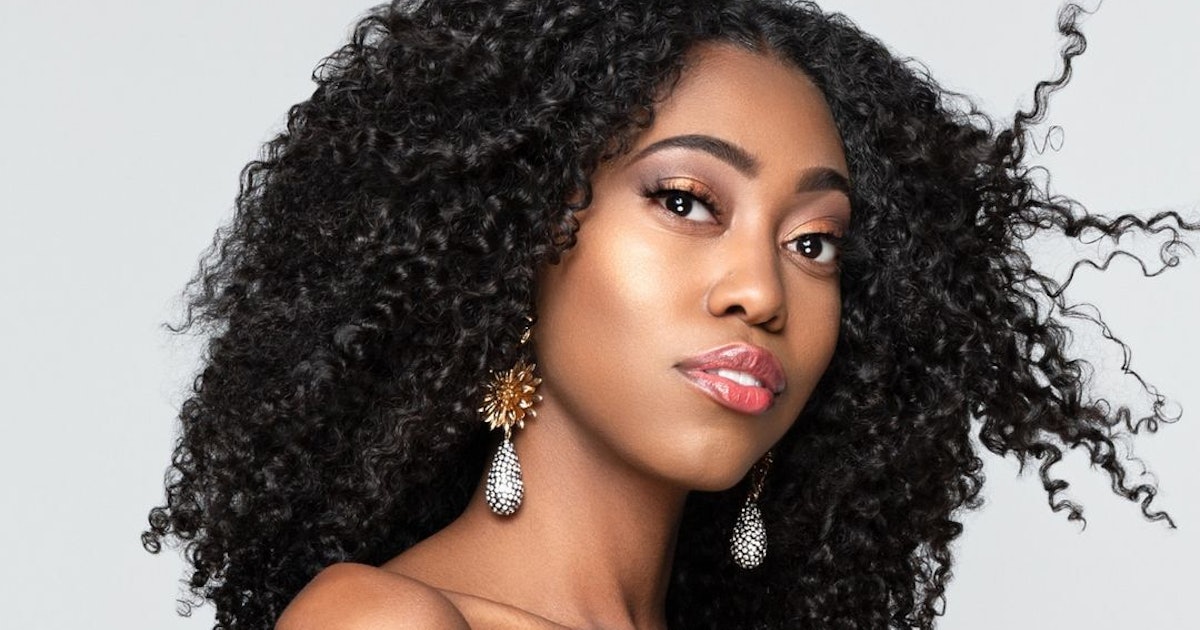
A Black woman’s relationship with her hair is like the iconic sunrise and sunset pairing — one never appears without the other. A deep and complex connection that traces back generations, the Black hair journey may not always be straightforward and can be extremely individualistic. Today, thankfully, the heaviness of it can be juxtaposed with a playful and experimental approach to one’s hairstyles. That’s why the limited textured hair extensions available on the market need to expand. Given women’s TikTok FYPs are filled with wig installs, weaves, clip-ins, tape-ins and bond videos, there is an apparent demand for variety and seamless type 4 texture extensions. So the market needs to catch up and level the playing field regarding its options, uplift brands with first-hand knowledge, and improve the customer experience to align with Black women’s needs.
The global hair wigs and extensions market is expected to grow to a predicted $19.12 billion by 2028. Within the sizeable market, experts have pinned the most considerable hair and wig consumers as native Africans and those of African descent. However, the majority of hair extensions and brands available don’t reflect this demographic. “When we first heard about ‘extensions’, it was only ever associated with European/white hair,” says Sheena Adae-Amoakoh, a celebrity hairstylist who works with Kehlani, Cardi B, and Law Roach. “When we saw the ads advertising hair ‘extensions’ and extension installation methods, 100% of the imagery used was only that of white models and white hair types, so immediately, we thought — ‘that can’t be for us, it would never work on our hair texture.’”
Despite lacking proper products and relatable visual references from more current mainstream brand campaigns, Black women have historically been innovative in the hair space for decades. “The first hair extension method was created and patented by a Black woman in 1951, who mainly created the weave technique for textured hair at that time,” explains Kaitlin Gèatches, IGK’s color and extensions specialist.
Despite these roots and the increasingly high demand for natural hair extensions, there’s still a clear lack of diversity within the product category, and it starts with texture matching. Both Antoinette Ale, co-founder and CEO of Tressly, a booking software hairstylists, and Dayonna Worrell, UNice hair expert and luxury extension artist, agree mimicking the vast array of textures is vital in order for extension brands to truly be inclusive. “There are so many intricacies to Black hair, which must be considered when creating extensions for us,” highlights Worrell. The DNA of Black hair is a variety of natural curl patterns, densities, and textures, meaning matching hair extensions seamlessly to an individual’s texture requires skill and expertise.
Due to a lack of options, Ale has seen women pivot their hair desires. “They would always either resort to a straight look by getting a weave or installing braids,” she explains. Worrell adds, “You can’t make a one-size-fits all product when creating for Black hair because no two hair types are the same. I think it’s also important to listen to the wants and needs of Black people who wear extensions.”
If you lift the curtain on the hair extension supplier market, Black hair specialists and manufacturers are few and far between. This is an experience that Adae-Amoakoh shares firsthand. “I wanted to supply hair that matched girls with type 4 hair. As the largest supplier market is in Southeast Asia, they were my first port of call. But they struggled to mirror type 4 hair. They kept sending fuzzy interpretations, and when I shared my frustrations after rounds of amends to the supplier, I told them, ‘We don’t see Black people where I’m from get real-life references to work from’. This supplier had the technological advancements to create anything, but Black hair was too difficult to do,” she explains.
However, a handful of brands are tackling the supplier and texture match concerns head on. Ruka Hair, Melanj Hair, TSD, Kinkistry, and XOXO Virgin Hair are just a few pushing the needle. “In recent years, we’ve seen an increase in awareness and inclusivity, leading to a wider range of high-quality hair extensions tailored specifically for Black women,” says Ale. “There has been a rise in Black-owned brands in the hair extension space, solving some painful industry issues such as ethical supply chain, quality control, and toxic braiding hair.” This shift gives Black women a seat at the table, especially when part of their identity is tied to hair presentation. With options that match natural textures, Black women can play and explore proportionally to the broader hair market.
Alongside more textured hair extensions options and a pleasant and trustworthy shopping experience to match, Black women have greater access to experts. “Thankfully, we are now in a time where these services are becoming more popular in our community, and hairstylists are learning new skills that benefit the progression of how we treat, install, and manage extensions,” says Worrell. No longer reserved for celebrities or the white salon experience, Black women can enjoy the luxury of getting their hair done or treated, too. “We are now able to pick methods and brands based on a variety of vital personal indicators: the client’s hair type, their scalp health, hair goals, and how often they get their hair done — even their lifestyle is taken into consideration,” says Gèatches. “We now have the tools, methodologies and quality hair and textures to achieve the desired result in a healthy, natural-looking way.”
So, while there still is a way to go for textured hair extension brands to have an equal footing in the market, there is hope that as years have gone by, more brands and experts are surfacing to service the needs of Black women after years of neglect. How can Black consumers help push the industry along? Invest their time and money in the specialists trying to serve us, and with one style at a time, we’ll transform the market we feel most free in.
Shop Textured Hair Extension Brands
This post was originally published on this site be sure to check out more of their content.

